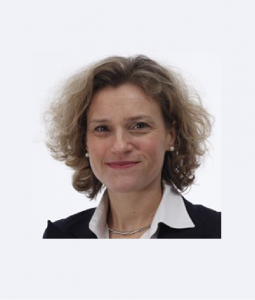Information and Knowledge Organisation in Digital Humanities: Global Perspectives (DCMI)
This webinar, organized by the Dublin Core Metadata Initiative Education Committee, will provide an overview of and reflections on the edited book, Information and Knowledge Organisation in Digital Humanities: Global Perspectives. This volume explores the potential uses of, and challenges involved in, applying the organisation of information and knowledge in the various areas of Digital Humanities. By focussing on how information is described, represented, and organised in both research and practice, this work furthers the transdisciplinary nature of digital humanities.
The book also includes chapters that focus on machine learning, knowledge graphs, text analysis, text annotations and network analysis. Other topics covered include: semantic technologies, conceptual schemas and data augmentation, digital scholarly editing, metadata creation, browsing, visualisation and relevance ranking. Most importantly, perhaps, the book provides a starting point for discussions about the impact of information and knowledge organisation and related tools on the methodologies used in the Digital Humanities field. The book is by and large an international volume, as its 41 authors are affiliated with universities and related organisations in 16 countries on 4 continents. Since several chapters are authored by practitioners, with real world examples, practitioners will also appreciate the relevance of this work, as well as offer inspirations for new projects and initiatives.
Presenters

 Koraljka Golub is a Professor in Information Studies at Linnaeus University in Sweden. Her research focusses on knowledge organisation of digital document collections, especially on subject access. Ying-Hsang Liu is a Senior Researcher in Information Studies at Oslo Metropolitan University in Norway. His research lies at the intersections of knowledge organisation, interactive information retrieval and human information behaviour.
Koraljka Golub is a Professor in Information Studies at Linnaeus University in Sweden. Her research focusses on knowledge organisation of digital document collections, especially on subject access. Ying-Hsang Liu is a Senior Researcher in Information Studies at Oslo Metropolitan University in Norway. His research lies at the intersections of knowledge organisation, interactive information retrieval and human information behaviour.
